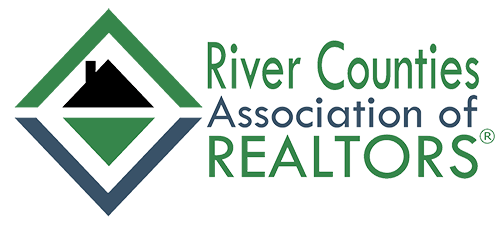DECIDE WHAT YOU WANT
Before you start looking, make a list of what you want and assign each item a priority. Some areas to consider are the location,type of home, and age of the home.
KNOW WHAT YOU CAN AFFORD
- Most loans require a down payment. The amount varies, but 20% of the purchase price is typical. If you’re a first-time buyer or fall below certain income thresholds, you may qualify for affordable-housing programs. Generally, a higher down payment means better loan terms and a lower interest expense on the mortgage.
- Qualifying for a loan: A lender will determine how much he thinks you can afford based on your income, employment history, education, assets (e.g., bank account balances, other property, insurance policies, pension funds), and debt. Check your credit report before the lender does to clear up any problems.
- Your comfort level: You don’t have to spend $200,000 on a home just because the lender says you can afford a $200,000 home. Do some math and determine what you’re comfortable spending.
MAKE AN OFFER
You’ve figured out your home-search criteria and what you can afford. Now find a house and make an offer. Your REALTOR® is an invaluable part of this process. He or she will help you prepare a contract, negotiate, juggle inspections and option periods, and more.
SECURE FINANCING
Unless you’re paying cash for the home, you’ll need a loan. Keep in mind the true price of financing goes beyond the interest rate alone. Consider items such as points, total lender fees, term of the loan, and penalties for early payment. The lender will likely require an appraisal to verify that the home is worth the cost of the loan as well as a physical survey. Repairs may be required. Insurance must be purchased. All these conditions and others must be satisfied before a transaction can close.
CLOSE THE DEAL
After weeks or even months of research and decision-making, you close the transaction, usually at the title company’s office. The title agent ask you to sign many, many documents and will explain each one. You’ll present a cashier’s check to the seller, sign another document that itemizes closing costs (the lender will have given you an estimate in advance), and pay your share of the closing costs. In return, you will receive a deed, transferring ownership rights to you.
Buying Properties with Propane Tanks
The Problem
Rural properties commonly have a propane tank if a residence is on the property. When these properties are for sale, buyers often assume that the propane tank is part of the property being purchased. In many cases, however, the tank is leased equipment from a propane supplier to the previous homeowner.
This misunderstanding can cause issues when the new homeowner orders propane for the first time. If the homeowner orders from the propane company that actually owns the tank, the new owner is given the opportunity to sign a new lease, but this can become confrontational if the owner believes the propane tank came with the property. If the first propane purchase is from a propane supplier that does not own the tank, the owner runs the risk of paying for a delivery of propane and then losing it when the container is picked up by the rightful owner of the equipment. In this situation, the new owner may blame the real estate company for what the owner sees as a misrepresentation.
How To Avoid It
To avoid these issues, the listing or selling agent should ask the seller for the tank information. Specifically, the agent should ask for the name of the current propane supplier and whether the propane tank on the property is leased from that supplier or owned by the seller. While leased tanks often have stickers stating the name of the propane supplier, these stickers can fall off or be painted over. Providing this information to the potential home buyer prevents confusion, reduces risk to the real estate agents and the seller, and gives the buyer important information regarding future costs.

